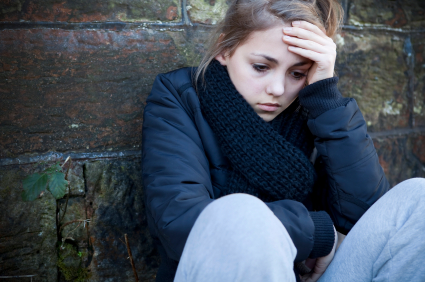Separation Anxiety and School
Posted by Collaborative Counseling

What is Separation Anxiety?
Separation anxiety is a normal fear that children have about leaving their parents and/or caregivers. Typically, it peaks in toddlers around 14-18 months. It can continue into early childhood, especially in new or unfamiliar environments.
Tips to Ease Separation Anxiety at School
Starting school can be exciting and scary for kids at the same time. They’re ready to assert their independence and be a “big kid” while still valuing their parents attention and companionship. There are a few things you can do to help your child make the transition into being a student.
- Spend time with your child at their school and/or classroom before their first day. If you can, spend time with your child’s teacher so that they are familiar with them and their new environment on the first day.
- Have your child bring a comfort item, such as a blanket, stuffed animal or anything else that helps them feel safe. Over time, you can work on phasing the item out of their routine.
- Keep your goodbye brief, dragging it out can make leaving worse.
- Let your child know that you’re leaving and when you will be back and avoid “sneaking out”.
- Keep a relaxed, happy look on your face. A worried or sad expression can signal to the child that the place you are leaving them is not safe and could cause them to become upset too.
Working on Separation Anxiety at Home
If your child is experiencing separation anxiety, there are some things you can do at home to help. Reading a book or telling a story about separation can be helpful for children to not feel alone in their fear. Work on building your child’s self-esteem with praise and positive attention. Although separation anxiety can be stressful, try to avoid being negative about your child’s issues with separation. This can create guilt and shame around the child’s feelings of fear.
Remember that this is a common experience for many children. With patience and encouragement, you can help your child work through their fears and become happy, confident school-goers.
Read More
 View Our Locations
View Our Locations Request Appointment
Request Appointment

